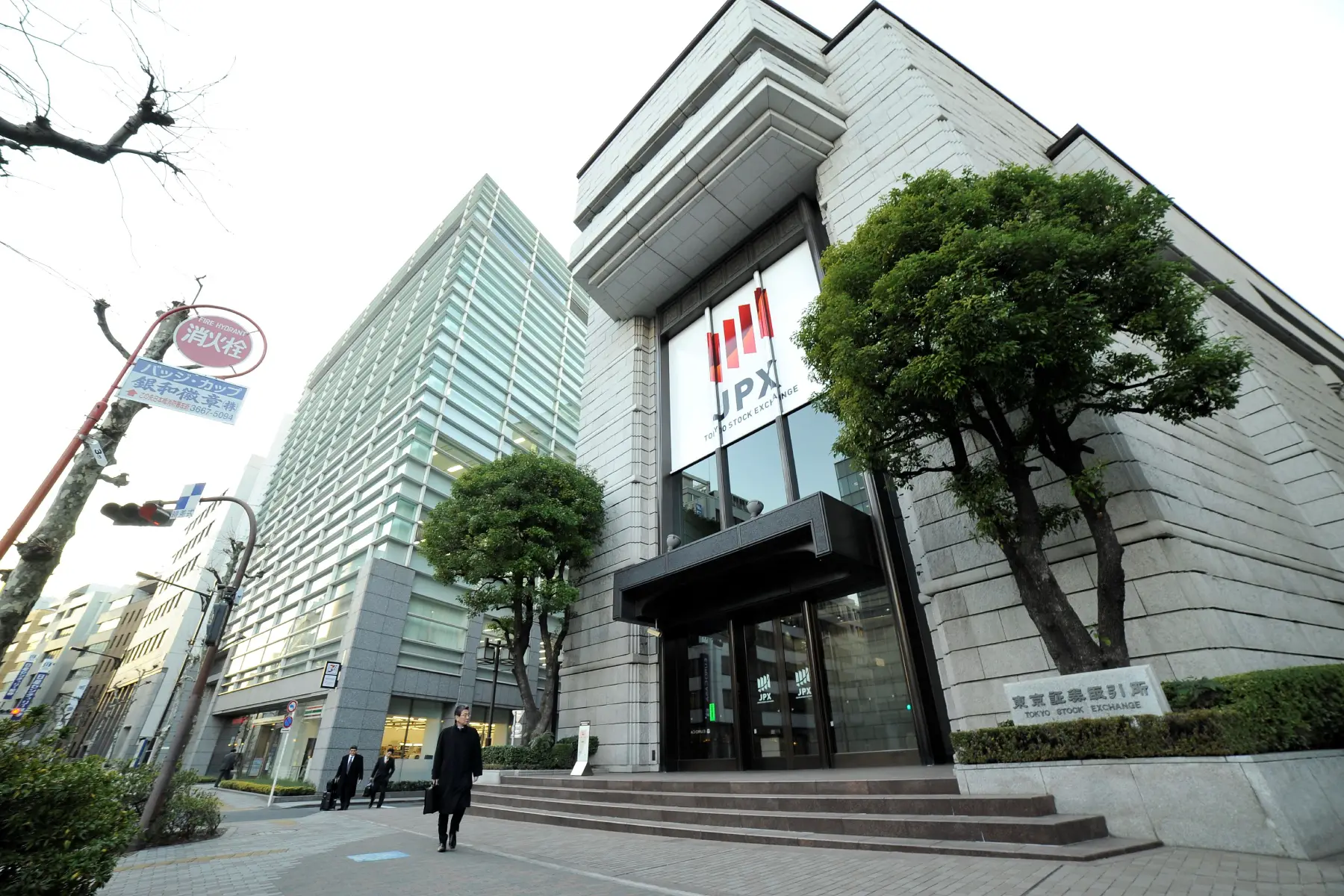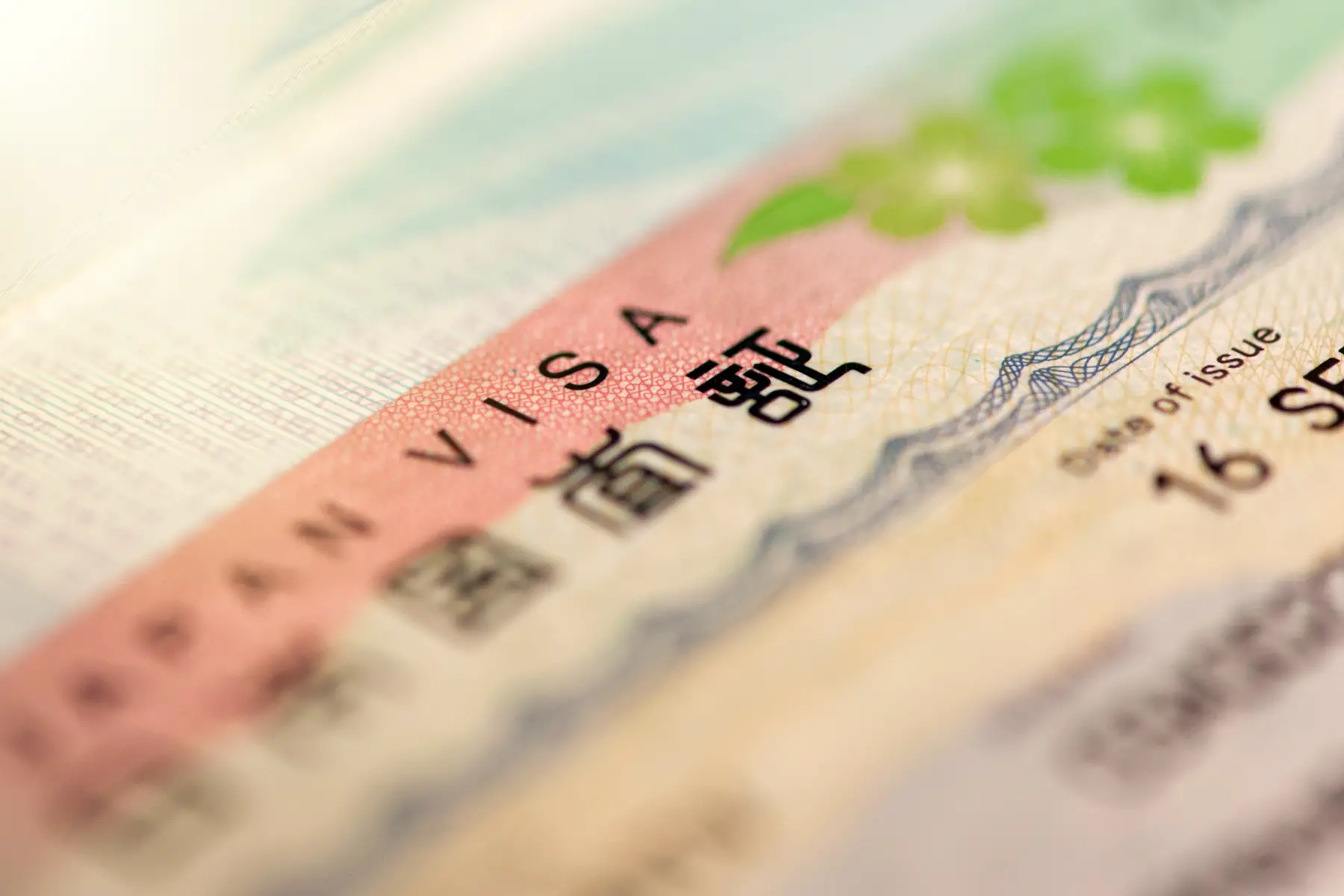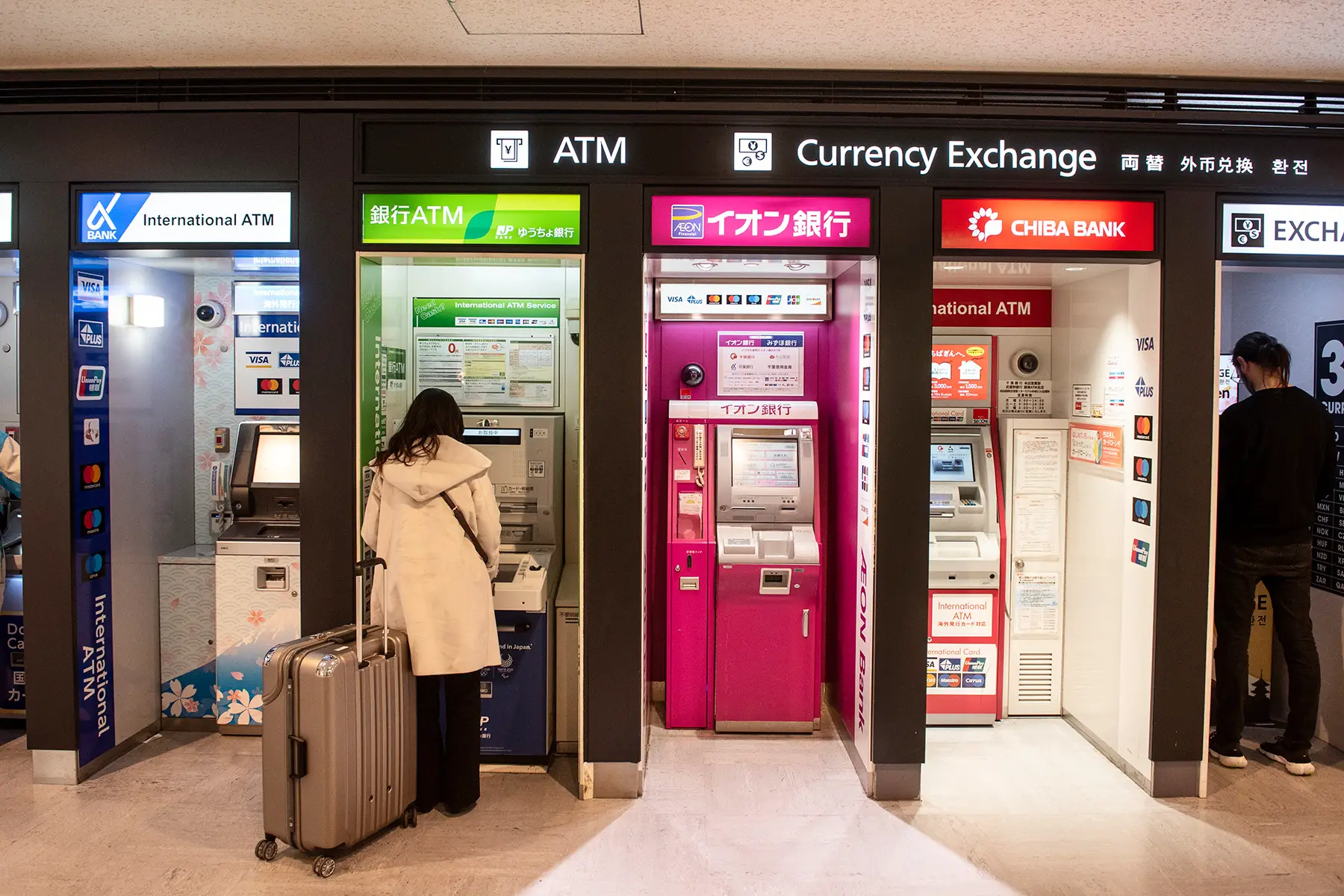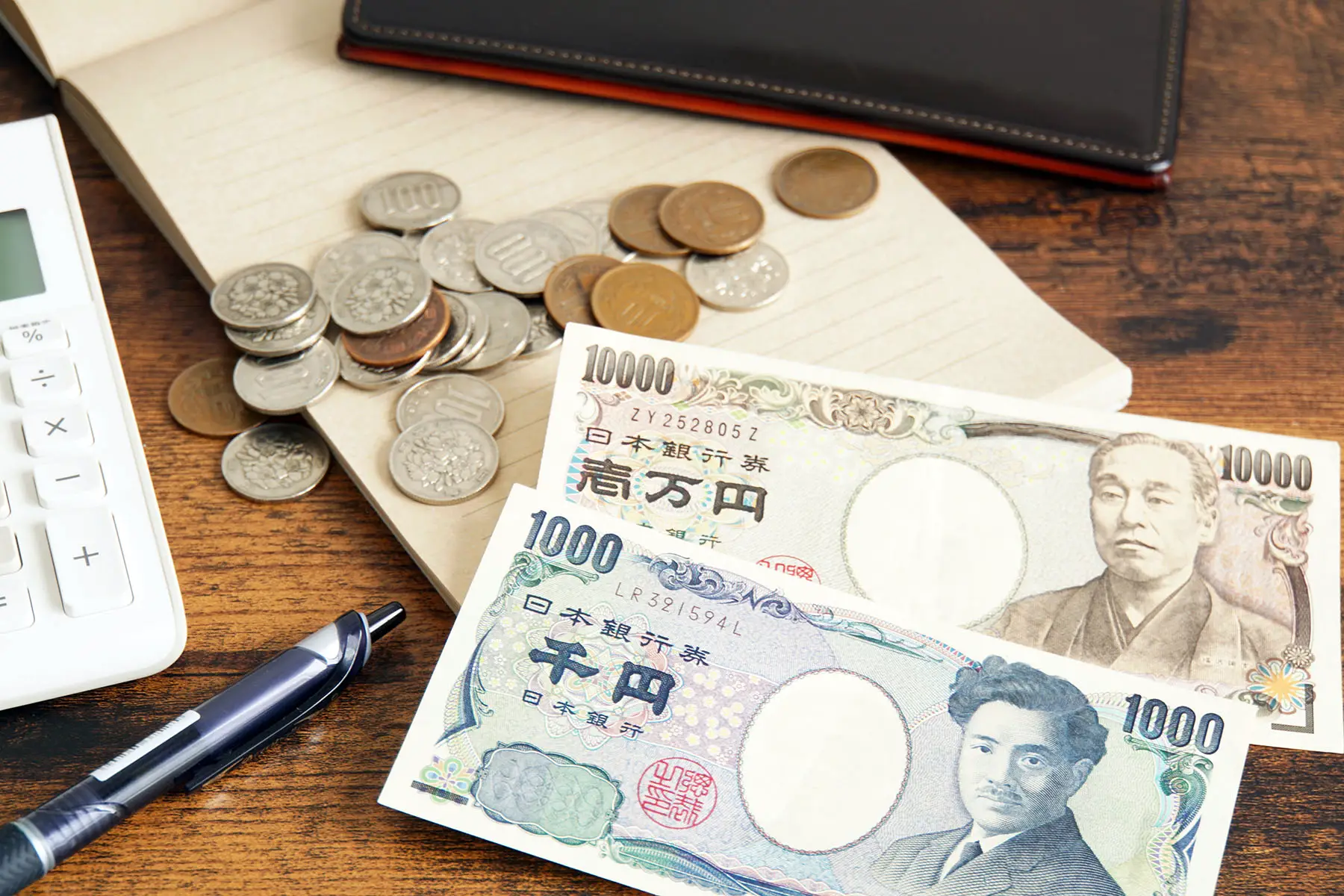If you’re a budding entrepreneur moving to Japan, you’ll be pleased to know that it’s possible to set up your own business. You’ll have plenty of options available, including the type of company and its structure.
However, there’s a lot to think about before getting started. Make sure you’re clued up on the tax system, visas, accounting, and business culture. Below, you’ll find sections on:
- Business culture in Japan
- The Japanese startup environment
- Who can start a business in Japan?
- Legal structures for businesses in Japan
- How to start a business in Japan as an international
- Starting up an online business in Japan
- Foreign company branches or subsidiaries in Japan
- Japanese non-profit organizations
- Administrating your business in Japan
- Support and incentives for startups in Japan
- Corporate social responsibility in Japan
- Finding office space
- Business training courses
- Useful resources
Business culture in Japan
There are many stereotypes associated with business in Japan, such as armies of workers in dark suits marching through Tokyo on their way to their desk jobs, but the reality is quite different.
Japanese business culture is changing. Traditional values – trust, respect, hierarchy, and formality – remain, but the landscape is becoming less rigid. The entrepreneurial spirit has taken root, and the economy now ranks 13th out of 132 on the World Intellectual Property Organization (WIPO) 2022 Global Innovation Index. The country is more outward-looking than ever, too, with foreign investment steadily rising.

Another cultural shift is the steady rise in the number of female entrepreneurs. A 2021 Teikoku Databank survey revealed that 9% of companies with a paid-up capital of less than ¥10 million (9.1%) had female presidents. Although this figure is still low, it represents an increase in recent years.
Furthermore, the formal, rigid image tends only to apply to interactions in the office. Outside, meetings can be raucous, often involving sake, karaoke, and hangovers. Either way, lasting relationships built on trust are paramount here, and it is no coincidence that perceived corruption levels are exceptionally low.
How to enter Japanese business culture
One of the most important aspects of starting a business in Japan is becoming familiar with its business culture. There are several ways to do this, including feasibility studies, attending events, and learning Japanese.
Get to know the market intimately: perhaps engage a local firm to conduct feasibility studies and research the various grants and incentives available to foreign investors.
Another option is to join a networking group or workspace in Tokyo or Osaka, where most foreigners live and do business. Spaces such as EGG offer a working community, and many groups organize regular networking events. These are great opportunities to talk with fellow expats with first-hand experience of doing business in Japan.
Similarly, foreign embassies in Tokyo hold frequent events, while city chambers of commerce (商工会議所) (such as the Tokyo Chamber of Commerce and Industry – 東京商工会議所) are also excellent sources for contacts.
Finally, it’s important to address one of the biggest issues facing expats when they first arrive in Japan: the language barrier. English proficiency is lower than in many other countries, especially outside big cities. Snazzy voice translation apps are convenient, but nothing beats the effort of learning the language, a skill that will open many doors for you.
The Japanese startup environment
Having built its economy on the back of giant conglomerates like Toyota and Mitsubishi, Japan’s startup landscape is blooming. Expats starting a business in Japan will find a vibrant, entrepreneurial business environment full of energy and opportunity.
The Japanese government actively courts foreign investment in sectors such as Information Communication Technology (ICT), life sciences, environment and energy, manufacturing, and tourism. Your business might be eligible for grants which can get it off the ground, as well as tax cuts and breaks.

Sustainable development is also a priority for Japanese businesses. In practical terms, this means incentivizing public-private partnerships in health data planning, health management, and public health record solutions, public transit and transport technology (e.g., CASE and MaaS platforms), and technologies mitigating the effects of natural disasters.
As an expat considering starting a business in Japan, reach out to the Japan External Trade Organisation (JETRO – 日本貿易振興機構). JETRO is the government agency responsible for attracting foreign investment in Japan and allocating incentives. According to JETRO, startup funding hit a record ¥877.4 billion ($6.75 billion) in 2022, and at least 10,000 of these companies are currently active in the country.
Who can start a business in Japan?
Anyone of any nationality can start a business in Japan. Non-Japanese citizens can act as shareholders and directors of a local company and take 100% ownership.
Be aware that all shareholders and directors need to prove their identities and credentials to the Japanese authorities. Expect to submit notarized passport copies, proof of address, resumes, educational qualifications, and proof of funds for the business. If you wish to apply for a grant, you’ll probably also need to submit a business plan.
All Japanese companies require a resident director or representative who can be of any nationality. With the exception of Joint Stock Corporations, companies need only one director or shareholder. The parent company is the shareholder of any branch office.
Legal structures for businesses in Japan
Japan has several corporate structures, all of which can do business in the country. The only exception is the representative office.
The Legal Affairs Bureau (法務局) handles company registration, and you can choose from the following structures:
- Sole Proprietorship (個人事業主)
- Limited Liability Company (合同会社)
- Free Zone Company (フリーゾーン)
- Joint Stock Corporation (株式会社)
- Limited Liability Partnership (有限責任事業組合)
- Representative Office (駐在員事務所)
Sole Proprietorship
If you want to start working for yourself as a freelancer, you can register for sole proprietorship. The main difference between this and other types of company is that you don’t register the business as a legal entity.

First, you should ensure that your visa allows you to work as a sole proprietor. You’ll also need to alert the tax authorities (in Japanese) that you intend to work for yourself. Finally, you must register for health insurance (健康保険), employment insurance (雇用保険), and a pension (年金).
Limited Liability Company (合同会社)
The godo gaisha is perhaps the most popular option for internationals, as they can take 100% ownership as sole shareholder. These companies must also have at least one director resident in Japan, regardless of their nationality.
Like all businesses in Japan, the godo gaisha has a minimum paid-up capital of ¥1. You must also secure office premises before completing registration.
Joint Stock Corporation (株式会社)
Similar to a godo gaisha, the kabushiki gaisha is most popular for companies looking to raise cash by listing on the stock market. This route is generally for larger companies rather than startups or mid-sized ones. The kabushiki gaisha also requires office premises.
Free Trade Zone (FTZ) Company
There are several free and Special Economic Zones across Japan catering to different sectors. Most are perfect for logistics companies and those exporting manufactured products because they are normally close to a port, airport, rail, or road links.
Unlike other corporate entities in Japan, free zone company registration is normally managed by free zone authorities, and many offer incentives such as tax breaks, discounted utilities, or cheaper land to attract investors. Free zone companies are also usually quicker to set up than other entities, thanks to streamlined procedures.
Limited Liability Partnership (有限責任事業組合)
The yugen sekinin jigyo kumiai is effectively a joint venture. It’s an excellent route for first-time investors in Japan, as you can work with Japanese partners who bring valuable local knowledge and contacts. Do your due diligence, though, and nurture any relationship with potential partners before formalizing it.
Representative Office
If you already have a company and want to set up a Japanese company, registering a representative office is a good way to start.
The company is limited to conducting local market research and marketing. It may not sign contracts, issue invoices, earn revenues, or open a bank account in Japan. Although this might seem like a restrictive option, it can work well for companies who want to learn more about entering the Japanese market.
How to start a business in Japan as an international
Starting a business in Japan can be exhilarating, rewarding, and daunting (often in roughly equal measure!). You’ll need to register your company, organize business visas, open bank accounts, and obtain any necessary business licenses.

Many expats pay a local lawyer or corporate services agent to deal with government agencies and handle the other processes associated with starting a company in Japan.
These providers are more expensive than dealing with the authorities directly. However, working with them can take the stress out of the entire process. They are familiar with Japanese bureaucracy and can usually find solutions to inevitable hurdles you’ll face when setting up a business in Japan.
How do I get a business visa for Japan?
When you move to Japan to start a business, you usually need a “Business Manager” (経営者) residence. However, some municipalities allow you to apply for a Startup Visa (企業ビザ) – 14 local governments are currently authorized to provide this.
The Startup visa is valid for one year. During that time, the holder can lay the foundations for their business. At the end of that year, the company must have a physical office space in Japan and inject at least ¥5 million in capital or hire at least two full-time employees.
Applications for this visa must include a business plan (giving details on the company’s planned activities, a market overview, information on the investor, funding sources, marketing strategy, and long-term projections) and other documents. The Japanese Immigration Services Agency (出入国在留管理庁) is responsible for issuing the visa.
Registering your business in Japan
When you register a company, you must submit documents to the Legal Affairs Bureau, prepare the articles of incorporation, complete the registration form, and pay the applicable fees.
Before setting up your company, you must check that your trade name (商号 – source in Japanese) does not already exist. You may register a name that uses Latin (Romaji) characters.
Before you set up a company, you’ll also need to draft Articles of Incorporation. These are documents that outline the following:
- Purpose of the company
- Trade name
- Location of head office
- Names and addresses of all company members
- That all members shall be limited liability members
- The purpose of each member and valuations
You will also need to carry out due diligence on the shareholders and directors (such as passport copies, proof of address, bank statements, and resumes.
These documents must be notarized (generally in the foreign investor’s home country) and may need to be translated into Japanese. At this point, the company must also secure office premises, and apply for any necessary licenses.
You must then apply to register your company (normally on the Legal Affairs Bureau website – link in Japanese). You’ll also need to pay registration fees, which vary according to which type of business you’re setting up. At this stage, the company is a legal entity and can sign contracts, issue invoices, hire staff, and open a bank account.
Licenses and permits
While most business activities in Japan do not need a special license or permit, some do. These include:
- Construction
- Mining
- Defense
- Fishing
- Hospitality
- Recruitment agencies
- Alcohol import business
- Food imports
- Language schools
- Nurseries
Timeframes when starting a business in Japan
On average, you can expect to have a certificate of incorporation in hand around six weeks after submitting your application.
However, how long it takes to set up your business depends on the amount of due diligence necessary and the complexity of the structure. For example, do the shareholders and directors live in Japan? Are you working in an industry where you require a license?

Opening a corporate bank account takes at least four weeks, but again, it depends on whether the bank needs extra information on the company. It’s best to budget a minimum of two and a half months to start a business in Japan.
Accounting and tax considerations when starting a business in Japan
Japanese companies with a paid-up capital of more than ¥100 million pay 23.3% income tax. Those with a paid-up capital of less than ¥100 million pay 15% on the first ¥8 million income, and 23.3% thereafter.
Tax is calculated on the company’s global income. A branch office pays tax on Japan-sourced income only. However, most Japanese companies also pay a local tax, bringing the ‘effective’ tax rate to 30%.
In addition, if you are selling products or providing a service, most of these are subject to a 10% consumption tax. However, you can take advantage of tax breaks and discounts, especially in sectors the government prioritizes and in the Special Zones.
Starting up an online business in Japan
With 89% of people in Japan using the internet, starting an online business is a great idea. It takes the same format as setting up an LLC, but make sure your visa allows you to carry out these activities.
Bear in mind that most online businesses will require a merchant bank account to receive online payments.
Foreign company branches or subsidiaries in Japan
The branch office is ideal for foreign companies looking to do business in Japan. Activities of the branch must mirror those of the foreign parent company, and the entity must have a resident representative in Japan. Branch office registration steps are the same as a godo gaisha and other Japanese entities. It pays tax only on local income.
Japanese non-profit organizations
Are there non-profit organizations in Japan?
Japan’s charitable sector is often considered small, but over 50,000 non-profit organizations (NPOs – 非営利団体) operate in the country. These cover areas such as:
- Health, medical treatment, and welfare
- Social education
- Community development
- Science, culture, arts, and sports
- Environment
- Disaster relief
Setting up an NPO in Japan
If you’re motivated to set up an NPO to benefit civic society, you’ll be pleased to know that now is a good time to embark on this journey. For a start, the government welcomes NPOs as the country faces new economic challenges and realities, including sustainability. To this end, donations from Japanese companies may be eligible for tax relief.
However, a word of caution – setting up an NPO in Japan is time-consuming. The Specified NPO, the most basic form, accounts for about 98% of these organizations but can take at least six months to set up. It must fulfill several criteria, including that its income consists of at least 20% donations.

The second type, the Approved Specified NPO (認定NPO法人), is effectively an ‘upgraded’ version of the above, which allows for tax benefits. After one year of operating, your Specified NPO can apply to the government for approval.
There are no registration fees for either type, but both must appoint at least 10 members, three of whom are directors and one an auditor.
The Japan NPO Center (JNPOC – 日本NPOセンター) is a handy resource for internationals considering setting up a non-profit. JNPOC offers programs to support the Japanese NPO community, covering areas such as capacity development, and works to connect government and private sectors with civil society.
Administrating your business in Japan
There are several administrative concerns that you should be aware of in Japan. Once you’ve registered your business, you must pay the taxes you owe, adhere to labor laws, and get the necessary insurance. It’s also essential to monitor your finances and business records.
For most of the processes, you’ll require your business registration certificates, ID documents, and proof of residence.
What insurance do businesses need in Japan?
Some types of insurance are compulsory for businesses in Japan. You will require social insurance, which includes National Health Insurance (国民健康保険) and National Pension Insurance (国民年金保険).
J-Net 21, a site from the Organization for Small and Medium Enterprises and Regional Innovation, has a detailed guide on social insurance for sole proprietorships and businesses with employees (links in Japanese).
How to open a Japanese business bank account
A multi-currency corporate account is essential for Japanese companies doing international business. Thankfully, many banks in Japan offer these (in ¥, $, Euros, GBP, and more).
To open an account, you must fill out an application with the bank. Generally, there are no restrictions on sending and receiving foreign currency from a Japanese corporate bank account. Banks will also typically offer business loans and support services.
As a global financial hub, Japan is home to an array of local and international retail banks. Shiga Bank (in Japanese) is renowned for its ‘green’ credentials and is one of the new types of local banks.
More ‘traditional’ high street banks include:
When applying for your account, check with your bank to find out the documents they need. You’ll usually require:
- Identification
- Business registration certificates
- Proof of residence
It’s also a good idea to have prepared a business plan that outlines projected cashflows, information on the company’s activities, and details on the shareholders and their backgrounds. The bank will take a forensic approach, and shareholders and directors will almost certainly have to attend an in-person interview in the branch. If you don’t speak Japanese, consider bringing someone who does.
It is common for banks to revert to the applicant many times for more information on shareholders, directors, or the business itself. Budget for several weeks to receive an account number and online banking.
Accounting and taxes for businesses in Japan
Every year, a Japanese company must fulfill certain obligations to state agencies in the country. These include renewing the business license or permit (if applicable), submitting a tax return, and, in some cases, undertaking an audit. This involves submitting items like trial balance, bank statements, invoices, and even records of specific transactions.
How long you should keep records (e.g., receipts, bills, invoices, and contracts) depends on the document in question. However, a good rule of thumb is to keep hold of everything for 10 years.

A Japanese company must submit its tax return within two months of the end of its financial year to the National Tax Agency (国税庁). The NTA is a stickler for timely submissions. Expect a rap on the knuckles or a fine for a late return.
Internationals in Japan can make things easier for themselves by hiring an accountant. Make sure they’re registered with the Japanese Institute of Certified Public Accountants (JICPA – 日本公認会計士協会) or another body associated with the International Federation of Accountants (IFAC – 国際会計士連盟).
Support and incentives for startups in Japan
Where can I find financial support and advice?
If you’re looking for help when setting up a business in Japan, JETRO and SME Support Japan are good places to start.
JETRO provides an overview of business matters in Japan and is specifically tailored to foreign investors. Their website has guides on setting up your business and can connect you to valuable networks in Japan such as local governments, experts, business partners, universities, and more. In addition, their Invest Japan Business Support Centers (IBSC) provide in-person support.
Meanwhile, small- and medium-sized business (中小企業) owners will find helpful information from SME Support Japan, part of METI. Their Japanese site is full of tips and information for entrepreneurs, from creating a new business to expanding overseas.
Both organizations can advise you on finding funding, investors, and other financial support.
What incentives are there for business owners?
The Japanese government offers an array of incentives to attract foreign investment. These might include subsidized utilities or land rates, cash grants, and tax breaks.
Tax breaks are very common in Special Zones (特別区域), which include the:
- National Strategic Special Zones – 国家戦略特区
- Comprehensive Special Zones – 総合特区
- Special Zones for Reconstruction – 復興特区

One notable incentive is the Green Innovation Fund (グリーンイノベーション基金). This ¥2 trillion scheme is part of Japan’s goal to achieve carbon neutrality by 2050. Companies involved in sustainable projects are eligible for funding.
Corporate social responsibility in Japan
Corporate Social Responsibility really became a ‘thing’ in Japan in the early 2000s, when the big conglomerates started implementing programs. Today, Japanese companies of all sizes have CSR programs as standard, and the country ranks 21st internationally on the 2022 Sustainable Development Index.
Japan increasingly values ethical business practices and those supporting social causes. These include eco-friendly activities, supporting philanthropic endeavors, and engaging meaningfully with stakeholders and communities.
An example of the strides being made in this area is that the biggest Japanese companies are now linking directors’ pay to social projects.
Finding office space
First, the good news. This is a great time to be looking for Japanese office space. Across the board, there are a glut of new office units coming onto the market. This, combined with reduced demand as companies downsize their office spaces since the COVID-19 pandemic, means there are good deals out there. Suddenly, that chic loft space in Ginza may well be within your budget. ‘
Almost every imaginable office type is available in Japan, from luxury towers housing multinational corporations and the country’s keiretsus to trendy shared spaces.
Now, the not-so-good news. Despite the market downturn and falling rents, Japanese office space remains some of the most expensive on the planet. International consultancy Savills reports that average grade A (i.e., top-end) rents in Tokyo were ¥32,549 per square meter in the first quarter of 2023.

The bottom line is: it pays to shop around. Better still, get an agent to shop around for you. With the current slump in the office market, a good agent will go the extra mile to help you find a good deal.
Rental contracts in Japan are usually 2–3 years long, so consider asking for a fixed rent on a long-term lease, which will offer protection if rents start rising again. Perhaps the landlord will also throw in some extras to sweeten the deal: membership to an on-site gym, free employee car parking spaces, or even utilities included.
How to find office space to rent
The Japanese office rental market is huge. Like almost all markets, the highest rates remain in city centers. The further away from the center you go, the lower the rent. Fortunately, Japan also has shared offices, co-working spaces, and virtual offices.
International agents like JLL, Savills, and CBRE typically have English-speaking staff who can act as the intermediary between you and the landlord and help you navigate the labyrinth that is the Japanese office market.
Typically, the landlord will pay a commission to secure the tenancy and handle formalities. For example, arrange for drafting the tenancy agreement, which will almost certainly be in Japanese only. They’ll also liaise with the utility companies to arrange connections.
When you are in the early stages of setting up your business, it’s worth contacting JETRO, which has some free temporary office facilities. Companies can usually use these for up to 50 days. SME Support Japan also maintains business rentals for companies that meet certain criteria. Check their website (in Japanese) to explore your options.
Business training courses
A business training course is a great induction into the Japanese way of operating. From business etiquette to negotiations and deal-making, a local course will give you a distinct advantage in the world’s third-largest economy.
The Tokyo Chamber of Commerce and Industry is a fantastic starting point for foreign businesspeople. It offers seminars and training programs covering human resource development, bookkeeping, and Japanese business law.
JETRO also advertises valuable seminars, webinars, forums, and more.
Useful resources
- EU-Japan Centre for Industrial Co-operation – joint venture for promoting industrial, trade, and investment between the EU and Japan
- Immigration Services Agency of Japan – learn about the official side of moving to Japan
- Invest Japan – cabinet office pages for foreign direct investment
- Meetups – networking groups for entrepreneurs
- Ministry of Economy, Trade and Industry – government site with information on policy
- Japan External Trade Organisation (JETRO) – guidance for foreign investors
- Tokyo Chamber of Commerce and Industry – information for companies in Tokyo










